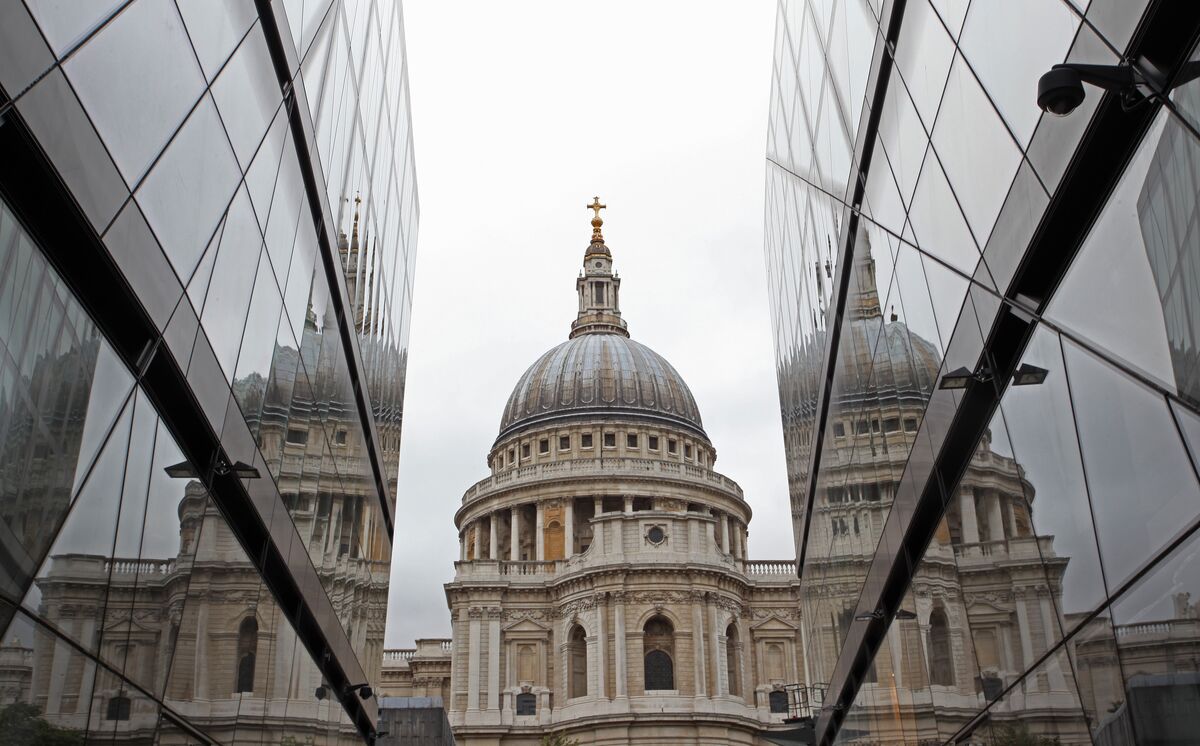'Church of England Targets a New Group of Emitters
Just months after announcing plans to sell its oil and gas holdings, its pensions board is going after automakers, utilities, steel companies—and banks.
Just months after announcing plans to sell its oil and gas holdings, the Church of England Pensions Board is now going after the biggest consumers of fossil fuels.
Those include automakers, utilities, steel companies—and also banks. The focus is on “the key blockers of climate policy,” said Laura Hillis, the board’s director of climate and environment, while speaking last week at an event...'
The rest is behind a paywall, but this in itself sounds commendable.

 www.bloomberg.com
www.bloomberg.com
Just months after announcing plans to sell its oil and gas holdings, its pensions board is going after automakers, utilities, steel companies—and banks.
Just months after announcing plans to sell its oil and gas holdings, the Church of England Pensions Board is now going after the biggest consumers of fossil fuels.
Those include automakers, utilities, steel companies—and also banks. The focus is on “the key blockers of climate policy,” said Laura Hillis, the board’s director of climate and environment, while speaking last week at an event...'
The rest is behind a paywall, but this in itself sounds commendable.

Church of England Targets a New Group of Emitters
Just months after announcing plans to sell its oil and gas holdings, its pensions board is going after automakers, utilities, steel companies—and banks.

